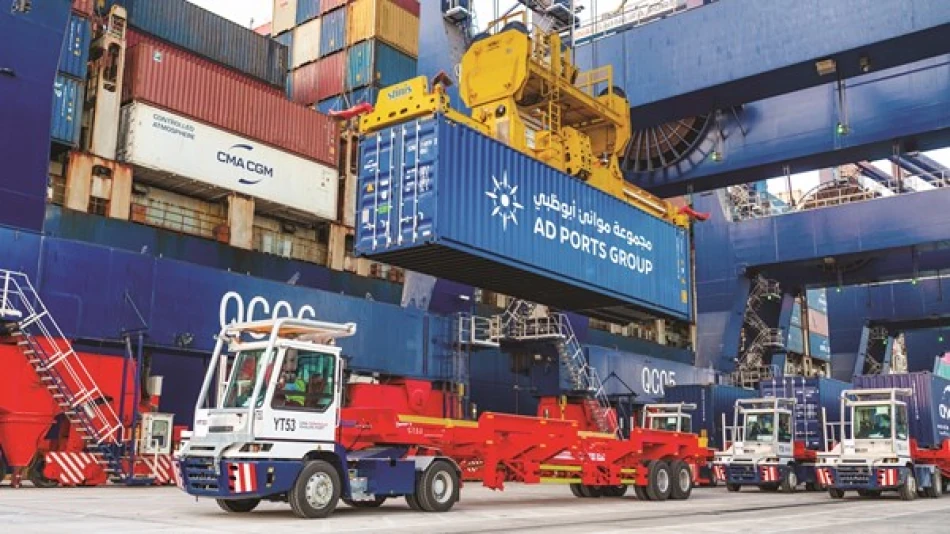
UAE's Non-Oil Trade with APEC Reaches Impressive $240 Billion
The UAE's invitation as a guest of honor to the Asia-Pacific Economic Cooperation (APEC) summit shows how much the world's major economies value the Emirates. This matters because APEC member countries control 60% of global economic output, and the UAE has built strong trade relationships worth 880 billion dirhams in non-oil trade with these nations.
The numbers tell the story of how deep these economic ties run. According to data from the Federal Competitiveness and Statistics Centre, the UAE has signed comprehensive economic partnership agreements with five APEC members that are already working. Indonesia leads with 20 billion dirhams in non-oil trade, followed by South Korea at 24.3 billion dirhams, Malaysia at 20.2 billion dirhams, Australia at 15.4 billion dirhams, and New Zealand at 2.86 billion dirhams. South Korea signed its agreement in May last year, but it hasn't taken effect yet.
These partnerships are central to the UAE's bigger plan to boost non-oil trade to $1.1 trillion by 2031. The strategy is working. Total trade hit a record $816 billion in 2024, up 14.6% from the previous year. The comprehensive economic partnerships now cover a quarter of the world's population, giving UAE businesses access to fast-growing markets.
The 32nd APEC summit starts today in Gyeongju, South Korea, under the theme "Building Tomorrow Together: Connection, Innovation, Prosperity." The agenda focuses on making trade and investment easier, boosting digital innovation through AI cooperation, and tackling global challenges for sustainable growth.
APEC was founded in 1989 as a regional platform bringing together 21 major economies including the US, China, Japan, Australia, Canada, and Russia. The forum works to remove trade barriers, simplify customs procedures, and create more flexible business environments across the Asia-Pacific region.
For traders and investors, the UAE's growing presence in APEC signals new opportunities. The Emirates is positioning itself as a global trading hub, and these partnerships provide a bridge between Middle Eastern markets and the dynamic Asia-Pacific region. The summit also includes a CEO forum with 1,700 global business leaders, creating networking opportunities that could spawn new deals and partnerships.
The timing is significant. As global trade faces disruptions from geopolitical tensions, regional partnerships like APEC become more important for maintaining economic stability and growth. The UAE's participation shows how Middle Eastern economies are looking east for new opportunities beyond traditional Western markets.
Most Viewed News

 Layla Al Mansoori
Layla Al Mansoori






